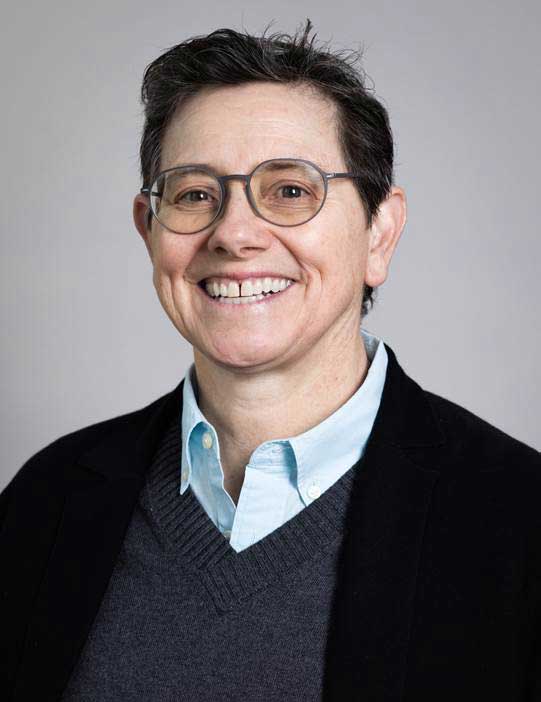When Vice President Kamala Harris suddenly became the Democratic nominee in mid-July 2024, both parties faced an unprecedented campaign landscape and were forced to transform their media strategies in a matter of days. For the Democrats, it meant putting together a campaign tailored not to an establishment candidate but to a vibrant, biracial woman of color whose presidential bid had failed in 2020. Conversely, the Trump campaign not only had to respond to a completely different candidate, but also to an upsurge of hope and energy from Democratic organizers, voters, and donors excited by a candidate that, just four years ago, they had passed over. By contrast to this unprecedented historical development, the political media that we will all be enmeshed in as we count the days to November 5 is not unprecedented. How do professionals rely on decades of media innovation to take advantage of swift changes, errors, and unexpected challenges in campaigns? How do they work to change a narrative that isn't working? And how, in the 21st century, can voters feel like participants in the electoral process and not just an audience for slick, partisan messaging?
 Claire Potter is a Professor of History emeritus at The New School for Social Research in New York City. The author of two books and two edited collections, she writes the Political Junkie Substack and produces its affiliated book podcast, “Why Now?” Potter has also written for The New York Times, The Washington Post, The Chronicle of Higher Education, The Guardian, Politico, Yale Review, AlterNet, Dissent, Eurozine, DAME, and The New Republic. Her most recent book is Political Junkies: From Talk Radio to Twitter, How Alternative Media Hooked Us on Politics and Broke Our Democracy (Basic Books, 2020), listed by the New York Public Library as an “Essential Read” for the 2020 election. She is currently writing a biography of journalist and radical feminist activist Susan Brownmiller.
Claire Potter is a Professor of History emeritus at The New School for Social Research in New York City. The author of two books and two edited collections, she writes the Political Junkie Substack and produces its affiliated book podcast, “Why Now?” Potter has also written for The New York Times, The Washington Post, The Chronicle of Higher Education, The Guardian, Politico, Yale Review, AlterNet, Dissent, Eurozine, DAME, and The New Republic. Her most recent book is Political Junkies: From Talk Radio to Twitter, How Alternative Media Hooked Us on Politics and Broke Our Democracy (Basic Books, 2020), listed by the New York Public Library as an “Essential Read” for the 2020 election. She is currently writing a biography of journalist and radical feminist activist Susan Brownmiller.
This event is free and open to the public. Guests are invited to join Claire Potter and the college community on campus, or join via Zoom.
Professor Potter's book, Political Junkies: From Talk Radio to Twitter, How Alternative Media Hooked Us on Politics and Broke Our Democracy , will be for sale after the event courtesy of Womrath Bookshop.